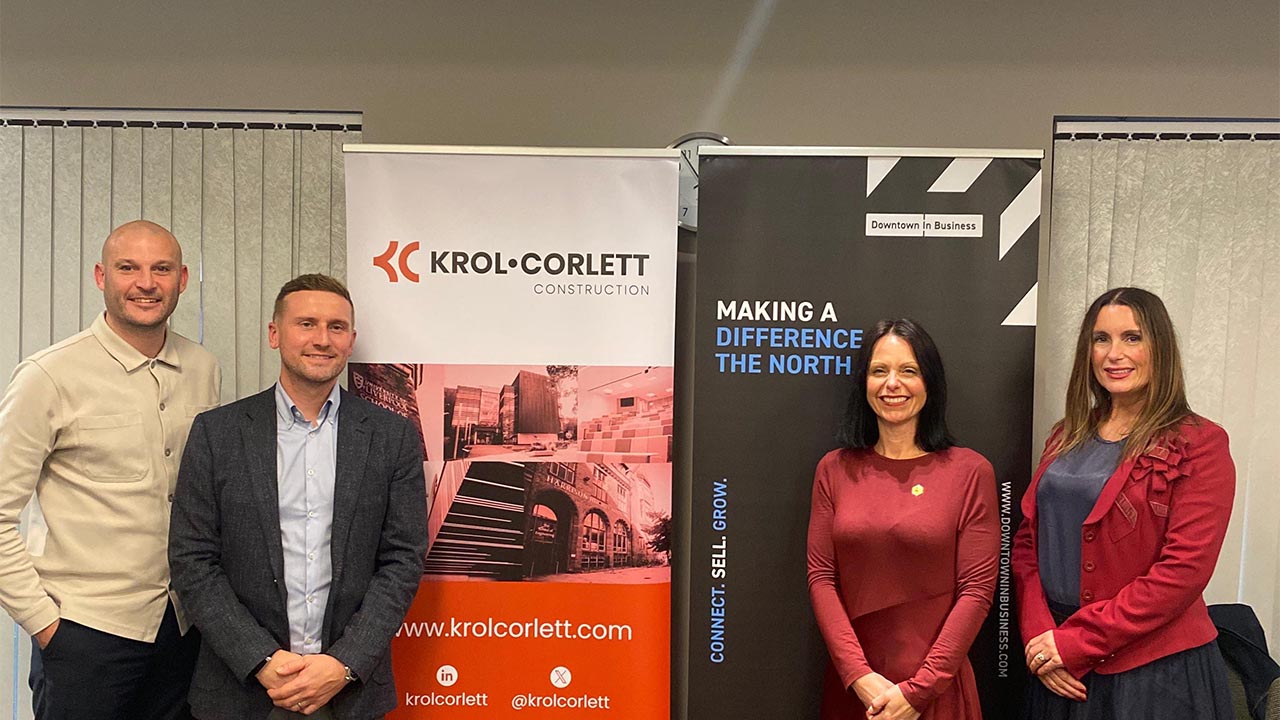Words by Paul Cadman
I was talking with some friends who have been involved in business support activities for over twenty years. I asked them why we seem to get it wrong so often.
We have evolved from an enormous Small Business Service and Business Link to a trifling Growth Hub. Regional Growth Fund money goes unspent and business leaders are left bewildered by the hundreds of schemes that offer the impossible with a guaranteed income to the provider rather than being dependent on the actual impact on the business.
Ministers, desperate to show how entrepreneurial they have made the UK, are complicit in a measuring system (jobs or GVA) that is completely anecdotal and gives the service provider the opportunity to exaggerate without any supporting evidence the number of jobs created or the export orders predicted.
Supporting business growth (the ecosysyem as it is called today) is long term and as such means that any Minister planting seeds now, will not reap the benefits and indeed may even hand over an opportunity to the opposition.
This is essentially our problem. We don’t have a cross party, long term, properly funded programme for business support the same way we don’t have it for infrastructure (roads, rail, aviation, ports and broadband). Vital ingredients in the lifecycle of small and medium sized businesses are overlooked in favour of the chance to get a picture in the media with a hard hat and a shovel announcing some foreign owned corporation building a warehouse on some recently rescued brownfield.
We don’t go as far as our American colleagues where the state is ostensibly the R&D department for large corporations not wanting to risk the cost of innovation but Mariana Mazzucato has already shown us how governments can assist economic growth by helping businesses grow and in fact if you just tear out the appendix to her book The Entrepreneurial State, you have your strategy on a plate.
Not all businesses want help. Not all businesses have the means by which they can use help. There are too many business leaders wanting something for nothing: a train to gain for business growth. They are unable to manage their own business so grab onto any opportunity to bolster their working capital.
So how do you identify the right businesses to support? Any centralised system with a CRM and a help desk (or business solutions centre) operated by a university, local authority or Growth Hub is doomed to failure. Business leaders will not come to you no matter how good your bacon sandwiches are. Sorry, I have that wrong: there are plenty of intermediaries who provide great breakfast meetings whose delegates are miles away from the growth businesses you are looking to identify. When I go to these events I see the same professional service providers time and time again. The real business leaders are working and I realise I should be to.
There is an answer. It’s not a 17 point plan. It is very straight forward: do the same to small businesses as we did to HE students. The taxpayers money involved in the grants my peer group were brought up on is now collateralized into student loans with an interest rate of between RPI and RPI plus 3% on a sliding scale dependent on income.
Encourage businesses to borrow whatever they need from whomever they think appropriate, even the British Business Bank, with a standardised business plan and assessment of their capital payback period based on the expected return on investment on the training, consultancy, plant, new staff or marketing strategy that the loan is going to purchase.
Close down everything that is taxpayer funded business support and let the market do the rest. Let the City collateralize the debt and play with it on the money market so that any risks are mitigated.
Oh, and maybe one more thing, make it mandatory that when a business is created that at least one Director has a suitable management qualification.









